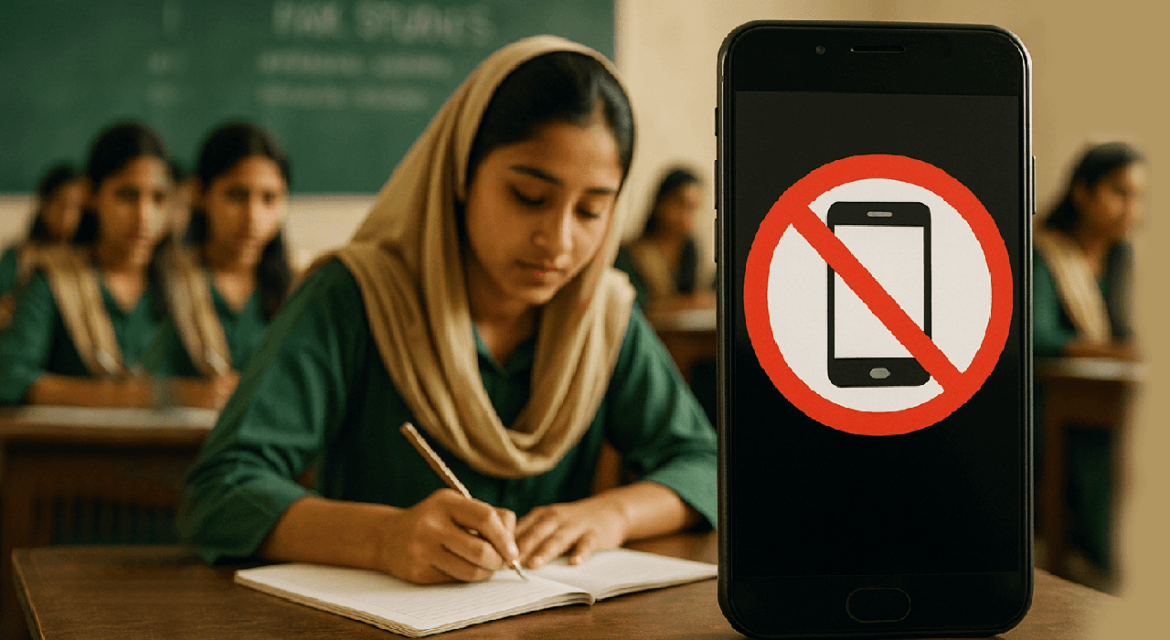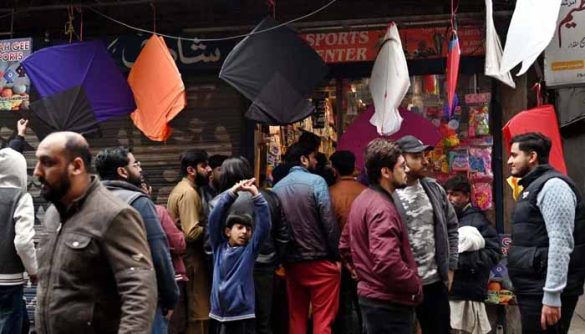Resolution Passed in Lahore
The Punjab Assembly has approved a resolution calling for a ban on the use of mobile phones by students in schools across the province. The move comes amid growing concerns about the negative impact of smartphones and social media on children’s mental health, academic performance, and overall development.
The resolution, introduced by government lawmaker Raheela Khadim Hussain, was adopted with a majority vote. Lawmakers stressed that children are the future of the nation and their upbringing must remain a top priority for the state.
Concerns Over Mental and Social Development
According to the text of the resolution, the “unnecessary use of mobile phones and social media is adversely affecting children’s mental and moral growth.” Legislators argued that unrestricted access to smartphones has created distractions in classrooms, undermined discipline, and reduced focus on studies.
Supporters of the ban noted that the presence of mobile phones in schools often leads to misuse. Teachers across Pakistan have reported students spending more time on social media apps such as TikTok, Instagram, and Facebook than on academic tasks. Research from the Pakistan Institute of Development Economics (PIDE) has also highlighted that smartphone overuse among teenagers is linked to anxiety, sleep disorders, and reduced academic performance.
Proposal for Public and Private Schools
During the debate, both ministers and opposition lawmakers supported the call to prohibit students from bringing mobile phones to schools — whether public or private. They argued that such a ban would help restore a serious and focused learning environment.
In addition, lawmakers proposed legislation to regulate children’s social media accounts. The aim, they said, would be to strengthen parental oversight and ensure online safety. Pakistan has one of the fastest-growing young online populations in South Asia, with over 40 million internet users under the age of 20, according to Pakistan Telecommunication Authority (PTA) data. Concerns about cyberbullying, exposure to harmful content, and online exploitation have grown in recent years.
Government Pledges Action
Minister for Parliamentary Affairs Khalid Mahmood Ranjha assured the assembly that the government would take practical steps to enforce the resolution. He said that a comprehensive framework will be developed to monitor compliance in schools and ensure student protection online.
“Children’s well-being is a national responsibility. The government will implement this resolution in letter and spirit,” Ranjha told the house.
Wider Context: Pakistan’s Debate on Digital Use
This is not the first time authorities in Pakistan have raised concerns about mobile phone use among young people. In recent years, the federal government has temporarily banned apps like TikTok, citing “immoral content” and risks to youth. Educational experts remain divided, however, on whether outright bans are effective.
Some argue that technology, if properly managed, can be a valuable learning tool. Others insist that Pakistan’s schools — many of which already face challenges such as overcrowded classrooms, outdated curricula, and limited teacher training — cannot afford additional distractions.
Next Steps
While the resolution reflects strong political will, it does not yet have the force of law. For the ban to be implemented, the provincial government will need to draft and pass legislation, followed by the creation of enforcement mechanisms. Private schools, in particular, may push back, arguing that technology is integral to modern education.
Still, the resolution marks a significant step in Pakistan’s ongoing debate over the balance between digital access and child welfare. With smartphone penetration in Pakistan exceeding 52% of the population, policymakers are under pressure to address both the opportunities and risks of a connected generation.















